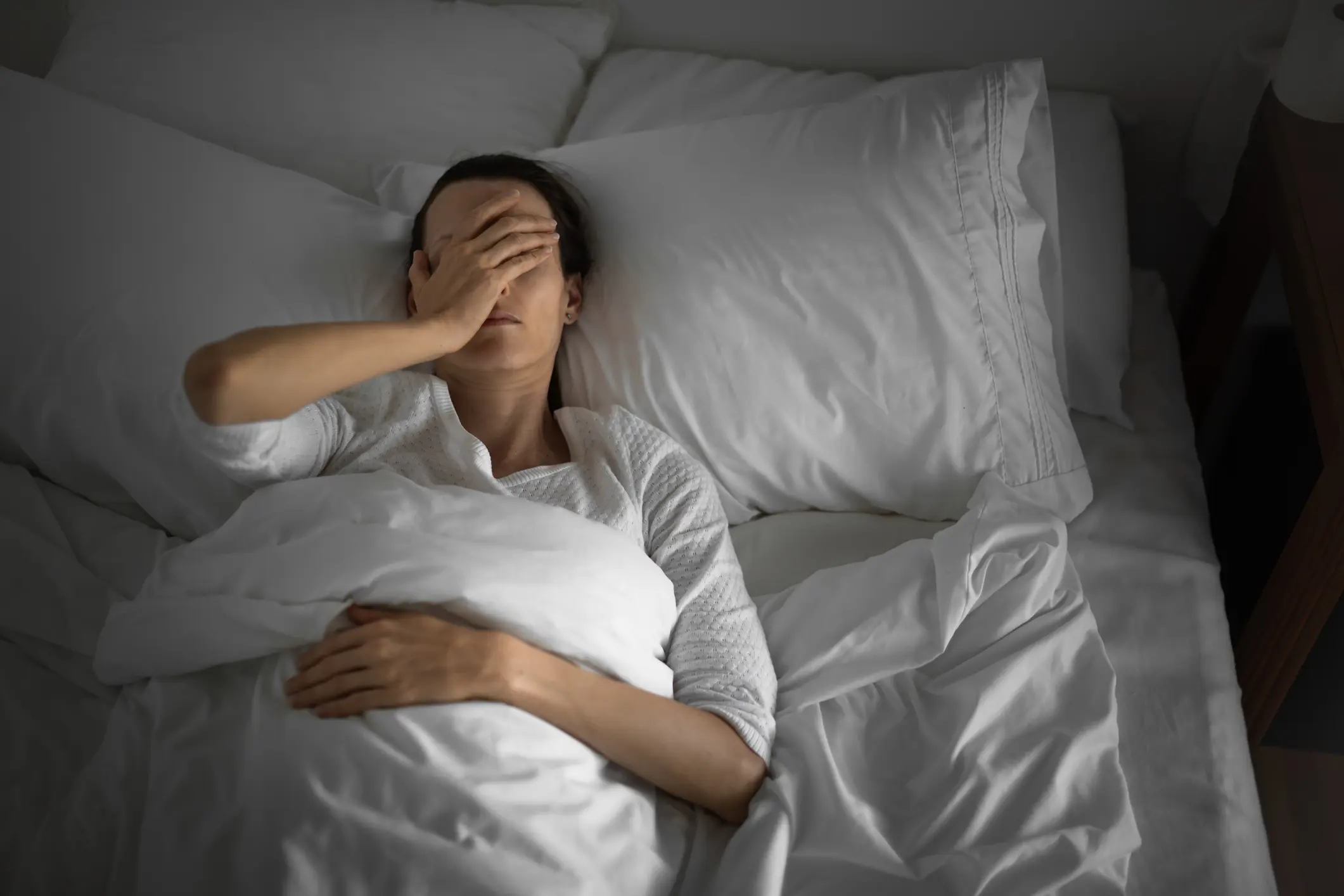
3 min read

What is hormone replacement therapy? Is it dangerous? Does it cause cancer?
There are a ton of myths out there about HRT (hormone replacement therapy), so let’s break it down.
✍️ The facts: During menopause, the body’s production of key hormones, namely estrogen and progesterone, naturally declines. HRT is a medication that’s often prescribed to treat many of the symptoms caused by this shift. It supplies estrogen, progesterone, or a combination of the two to balance out the decreasing levels of hormones produced by the ovaries. HRT comes in many forms – creams, gels, skin patches, oral medications, vaginal tablets, and more.
😮 The controversy: In 2002, the Women’s Health Initiative published a study suggesting that HRT can lead to a higher risk of breast cancer, heart disease, and blood clots. The media hyped the findings and alarmed the public, including women and their doctors. However, subsequent studies found several significant problems with the WHI methodology and the interpretation of their findings. Specifically, the study recruited older and less healthy women, skewing the results (which were also published prematurely), and THEN overgeneralized to apply to all women and all types of HRT. Despite this, the bad reputation stuck, and millions of women remain confused about HRT’s risks and benefits.
🧠 The evidence: Since 2002, hundreds of follow-up studies and clinical trials have been conducted by reputable institutions on the safety and efficacy of HRT for treating menopause symptoms. Today, the North American Menopause Society (NAMS) considers HRT to be safe and effective for most women, especially when started prior to age 60 or within 10 years of menopause.
💜 Our take: HRT is one of several powerful tools in our toolbox of evidence-based menopause solutions. Not everyone can (or wants to) take HRT, and non-hormonal options exist as well. All medications have risks and benefits, and when it comes to HRT, it’s especially important to have an informed discussion with a provider trained in menopause. Together, you can review the risks and benefits specific to your health history and symptoms and come up with a plan that best meets your needs.
Interested in taking a deeper dive? Check out our full Elektra Guide to HRT, written with Dr. Lila Nachtigall, a founder and past president of the North American Menopause Society.
WHAT ELSE WE’RE READING
International menopause win! The Arabic dictionary changes the definition of menopause from the “Age of Despair” to the “Age of Renewal.”
Older women’s faces don’t need fixing: Justine Bateman, badass author, filmmaker, and actor, smashes this beauty taboo.
The medical system must. Support. Menopausal. Women. Dr. Faubion, medical director of the North American Menopause Society, weighs in.
To gray or not to gray? That is the question.
HEALTHY OBSESSIONS*

For the fresh vegetable lovers
We’ve heard rave reviews about this cookbook – it revolves around the best vegetables to eat based on the six growing seasons (yep, we also thought there were only four).

This cult-classic sunscreen is a great option, especially if you’re experiencing menopausal skin sensitivity or acne. It’s fragrance-free, has an SPF of 46, and offers UVA and UVB protection.
*We’re not paid to feature these products.We just like them and think you may like them too.
KEEP CALM AND ELEKTRA ON



